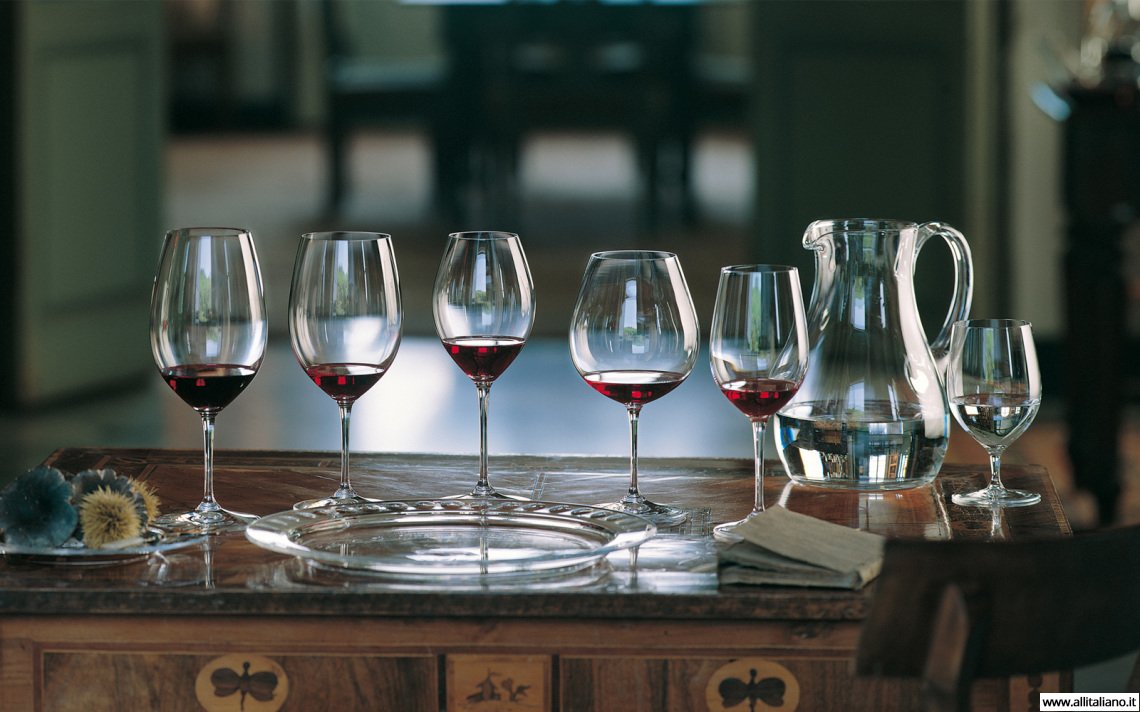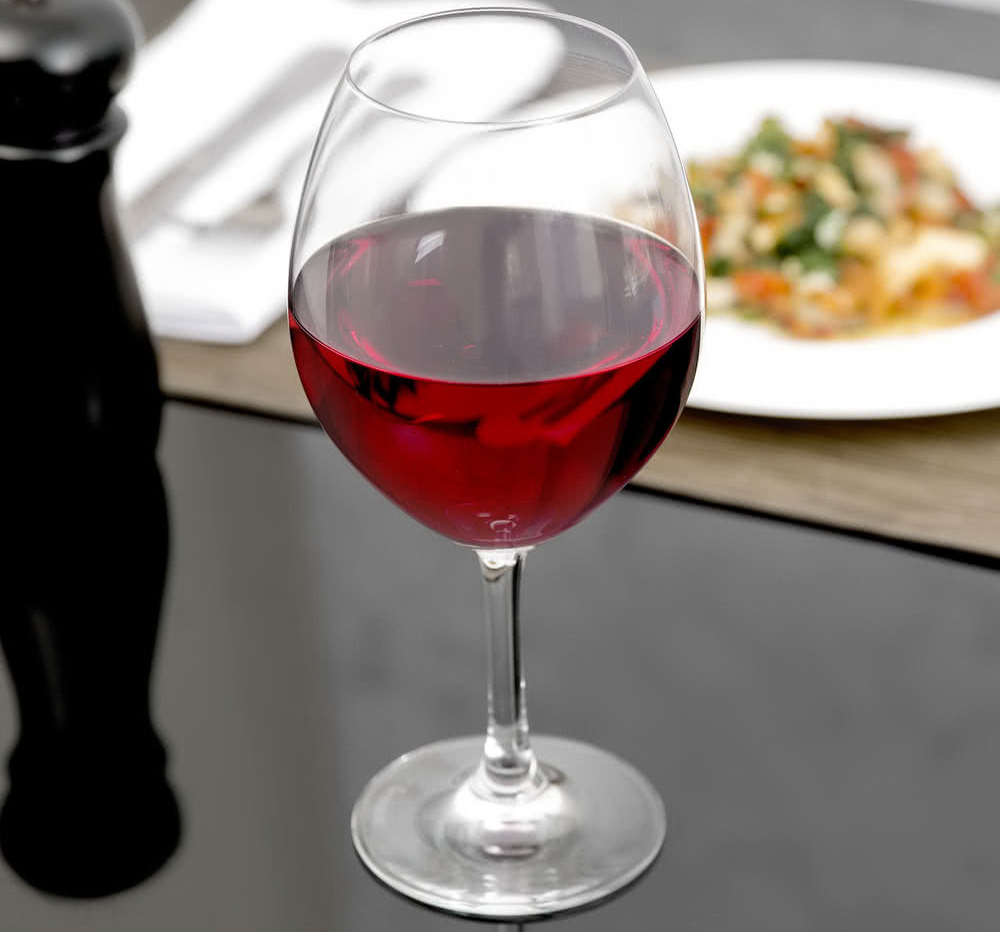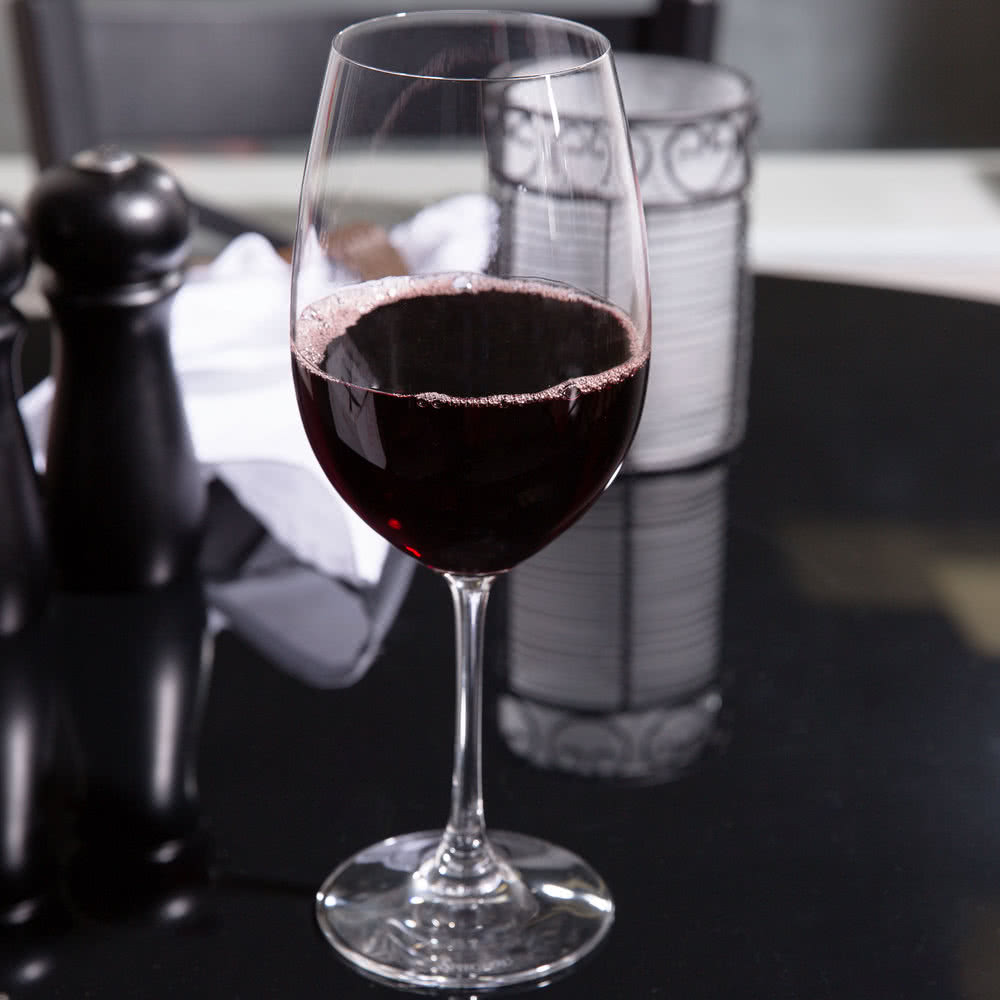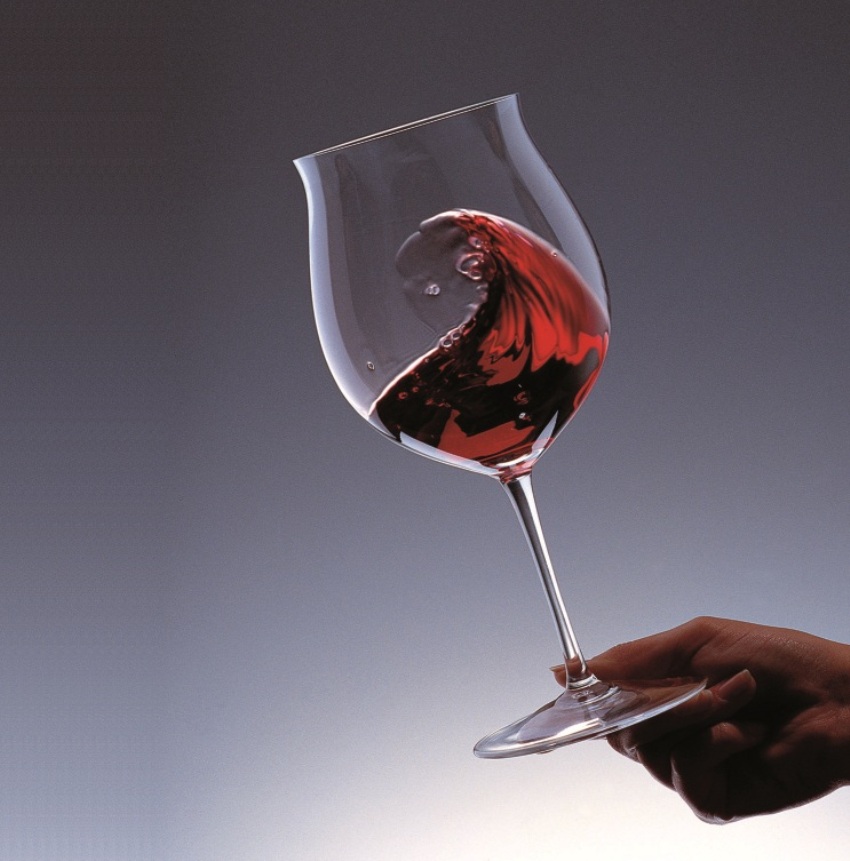Most festive feasts and meals involve wine, and glasses of red or white wine are often placed on the tables. This depends on the preferences of those sitting at the table and the hosts themselves. They want to make this pastime enjoyable, and the taste of the drinks has a significant impact on this.
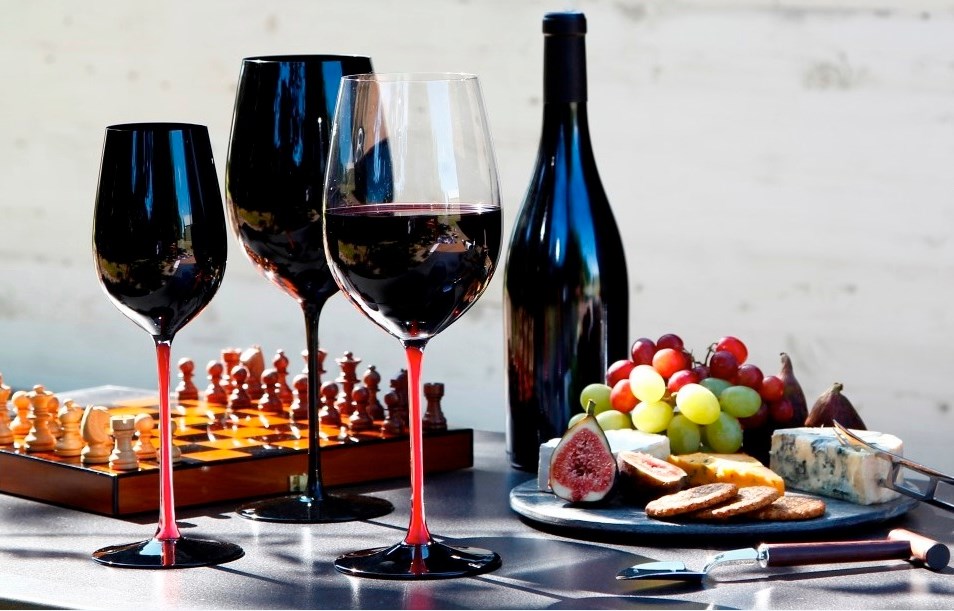
Content
- The history of wine glasses
- Features of architecture and design of glasses for red wine
- What should be the dimensions of a vessel for red wine
- Why shape affects taste
- What is the main difference between white and red wine glasses?
- How to properly drink wine from a glass
- Caring for wine vessels
- VIDEO: Red Wine Glasses.
The history of wine glasses
Red wine glasses were invented by Austrian glassblower Klaus Riedel in the mid-20th century. However, his contemporaries at first could not understand the idea of revealing the taste of the drink with the right selection of glassware. They continued to drink it from ordinary goblets and glasses.
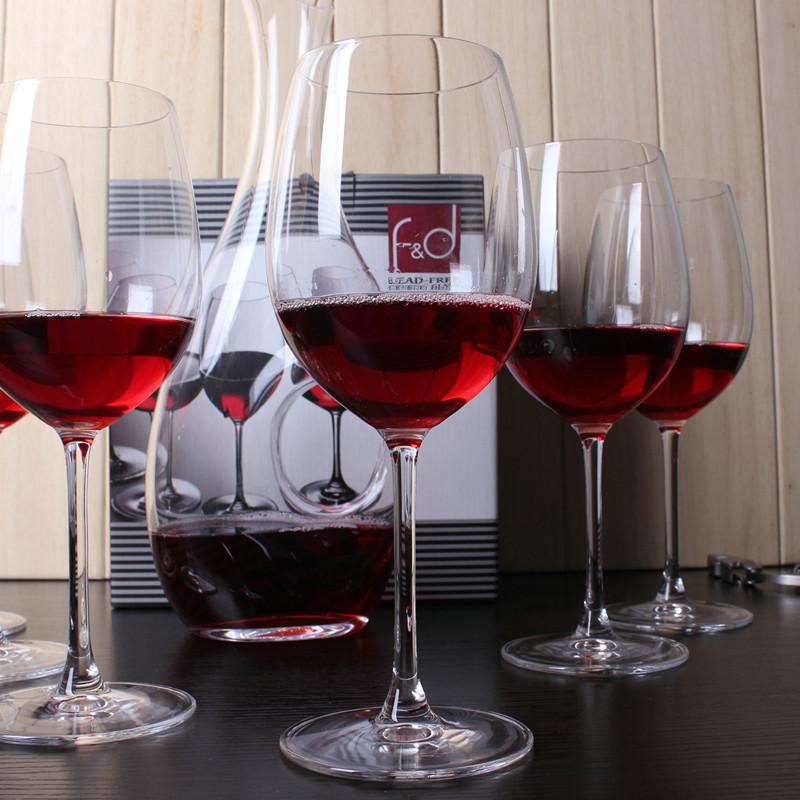
But it was only towards the end of the century that Riedel managed to get his message across to the masses. They understood what glasses for red wine should be like to reveal its full bouquet. Klaus continued to make glassware for wine drinks from thin glass, and this form was established for a long time; today it has not changed much.
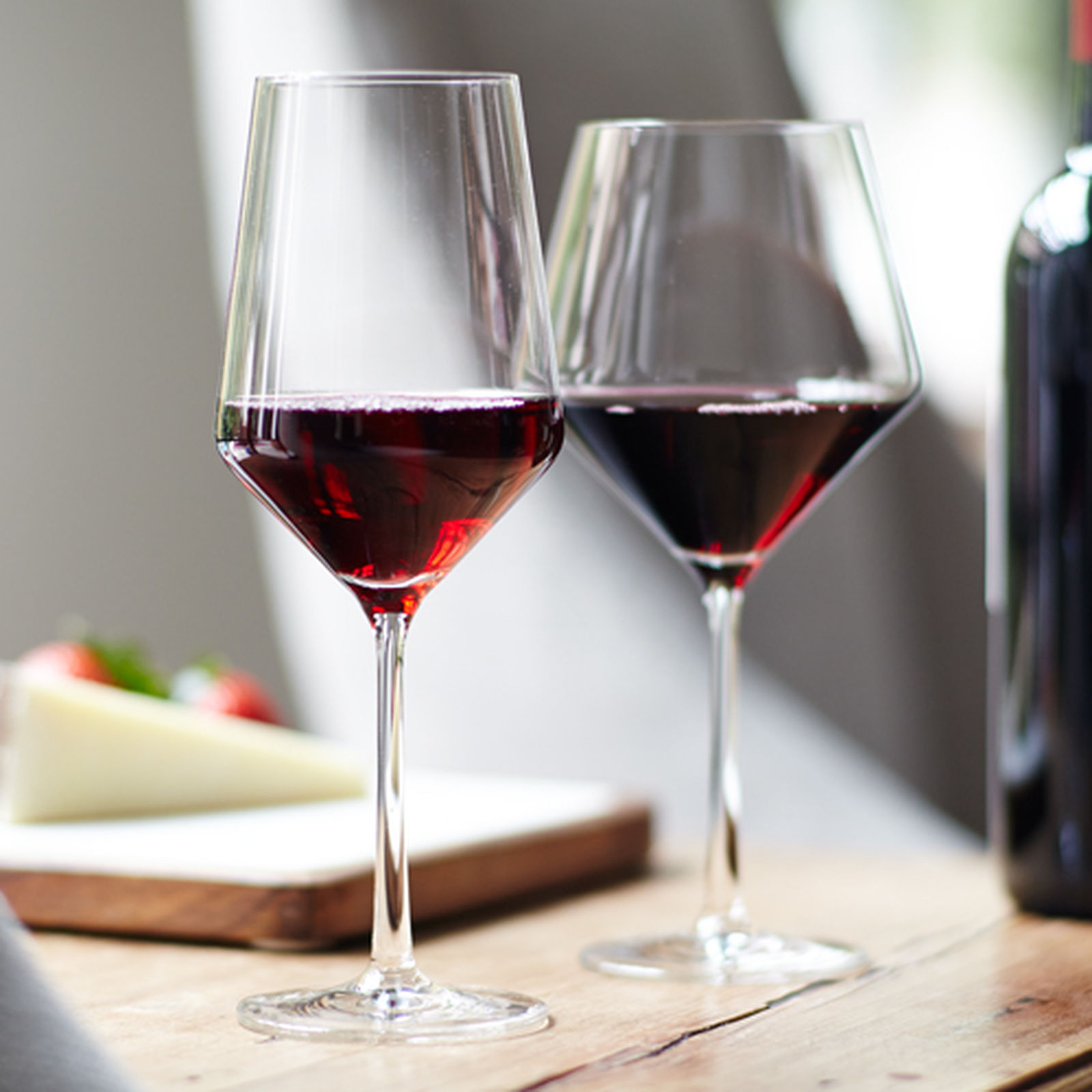
Features of architecture and design of glasses for red wine
Glasses for dry red wine (or any other red wine) have a special structure, which differs from those used for champagne. After all, they have a widened lower and middle part, and at the top the circumference narrows, concentrating the aroma for inhalation. There is also a foot for holding the vessel in the hand, avoiding heating the contents with your hands.
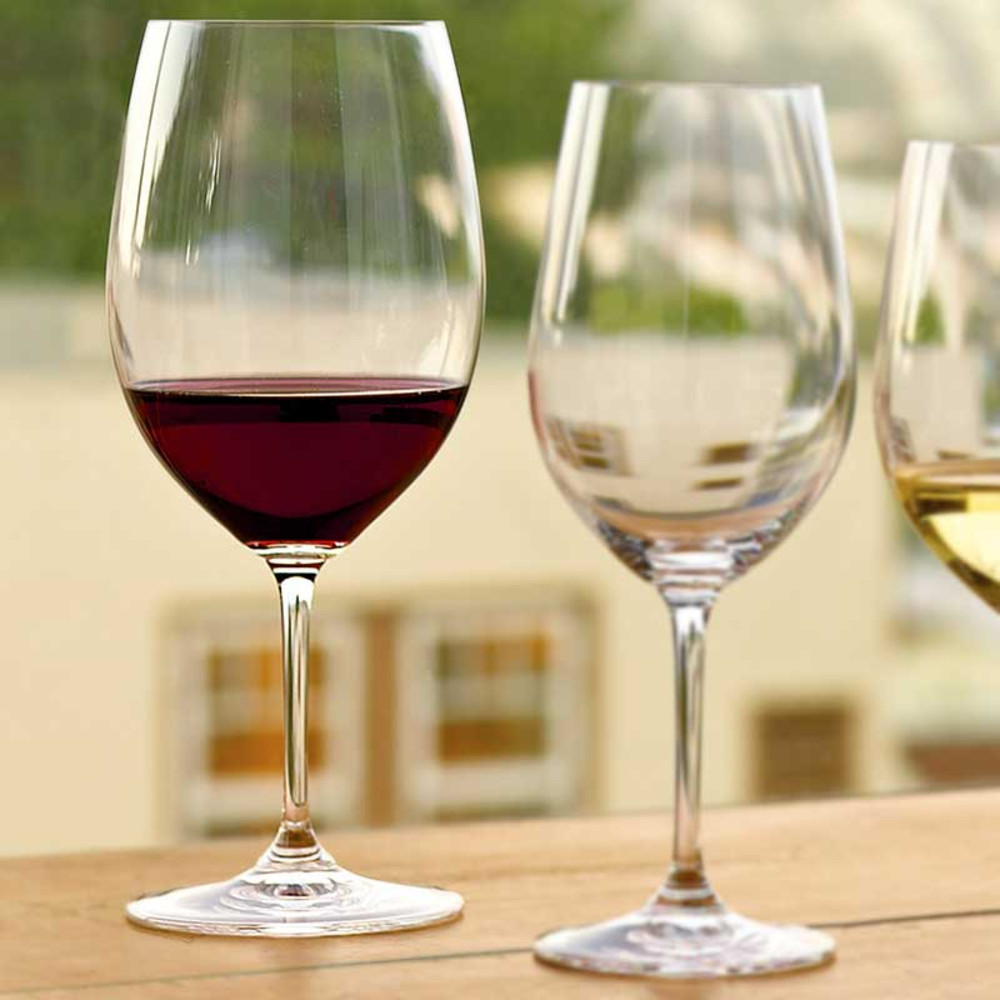
But different types of drinks require their own glass shape, due to the diversity of their taste and aromatic qualities:
- Burgundy is used for mature wines with low tannin content. Because of this, a very narrow neck is not required, only sufficient volume for high-quality development of the bouquet. This glass is used for: some Pinot Noir wines, Beaujolais, Barberasco, Barbaresco and Barolo, as well as Burgundy wines (not only red, but also white).
Burgundy glasses are containers with a high stem, wide bowl and base. - The Bordeaux glass is slightly higher and has a conical shape at the bottom. Its neck is quite narrow, so strong drinks with a lot of tannins are poured into it. The aroma spreads its richness along the walls, then comes out through a narrow circle, allowing you to inhale it completely. They pour Bordeaux, Rhone varieties, Tempranillo and others into it.
Its base is much smaller, which helps retain the aroma of the drink. - "Grand Cru" is used for the best Burgundy varieties, as well as Italian wines, and is distinguished by its capacity. It is designed so that the contents are filled with oxygen as much as possible and reveal the aroma in all its glory.
A special type of glass designed for serving the most expensive wines in the world.
Please note! The quality, taste and aroma of a wine drink cannot be assessed if it is poured into the wrong vessel. Regular glasses or unsuitable goblets can distort the impression, giving false information about the ingredients and their interaction.
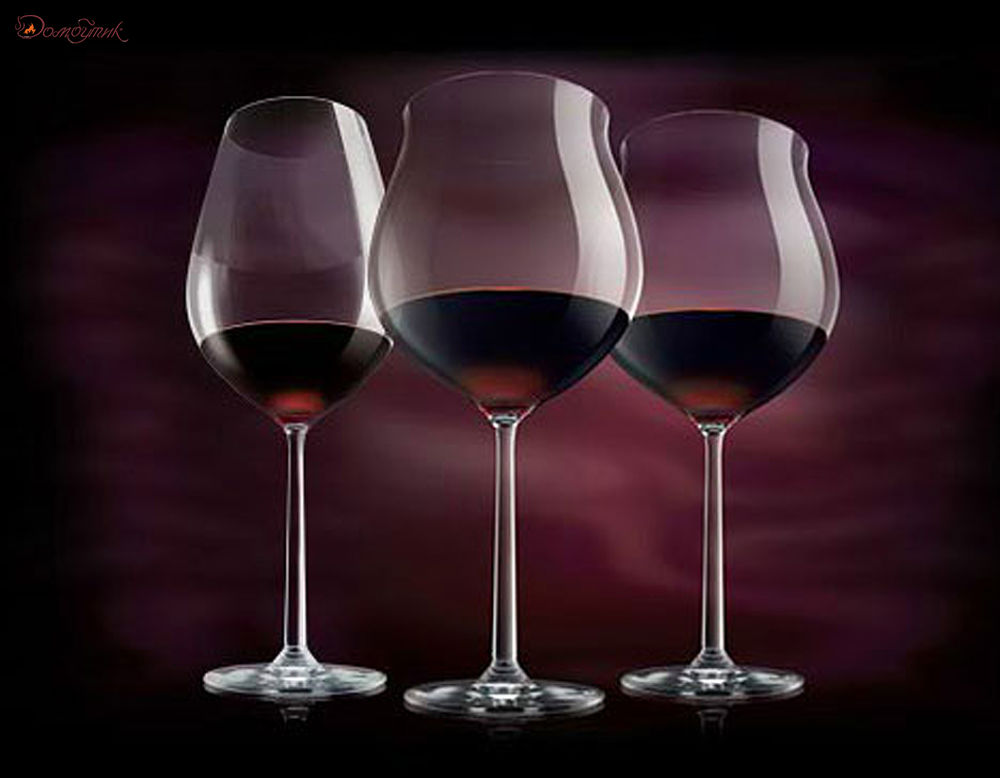
What should be the dimensions of a vessel for red wine
The size of the glass depends on its shape and the type of wine. The Bordeaux type vessel is intended for most varieties of wine drink, has a capacity of 600 ml. It is placed on the table at any time of the day, because most often the contents do not have a special strength. But this shape and size are not able to reveal the "rich" varieties of wines, for this you will need the Burgundy type.
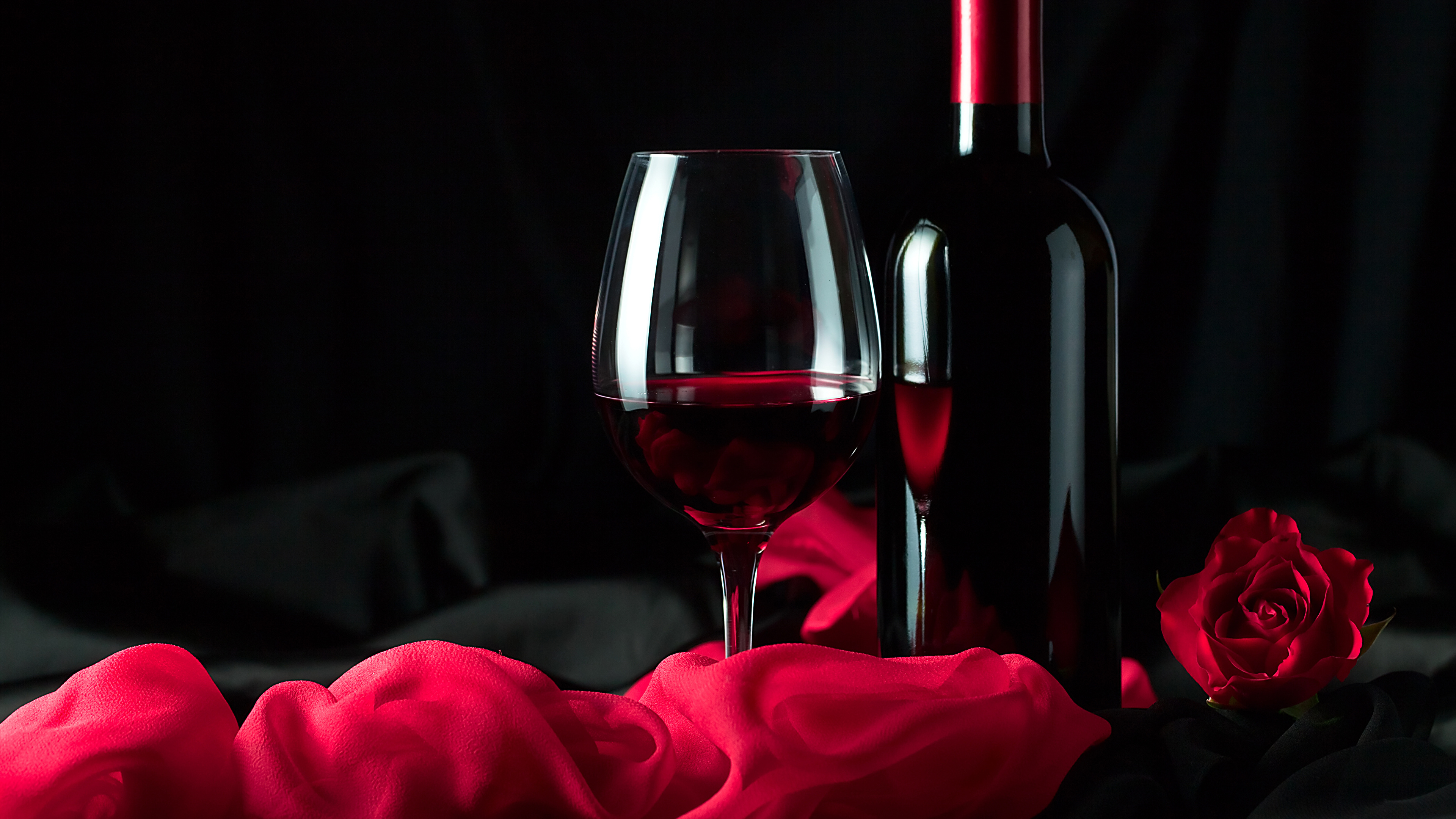
"Burgundy" is made in a volume of 700-750 ml, its form factor is suitable for a larger amount of tannins and strength. Externally, the glassware resembles a ball, otherwise it is called a "balloon". This variation is preferred by sommeliers, because it allows you to easily determine a weak and fragile structure, which means low quality characteristics and a corresponding price category.
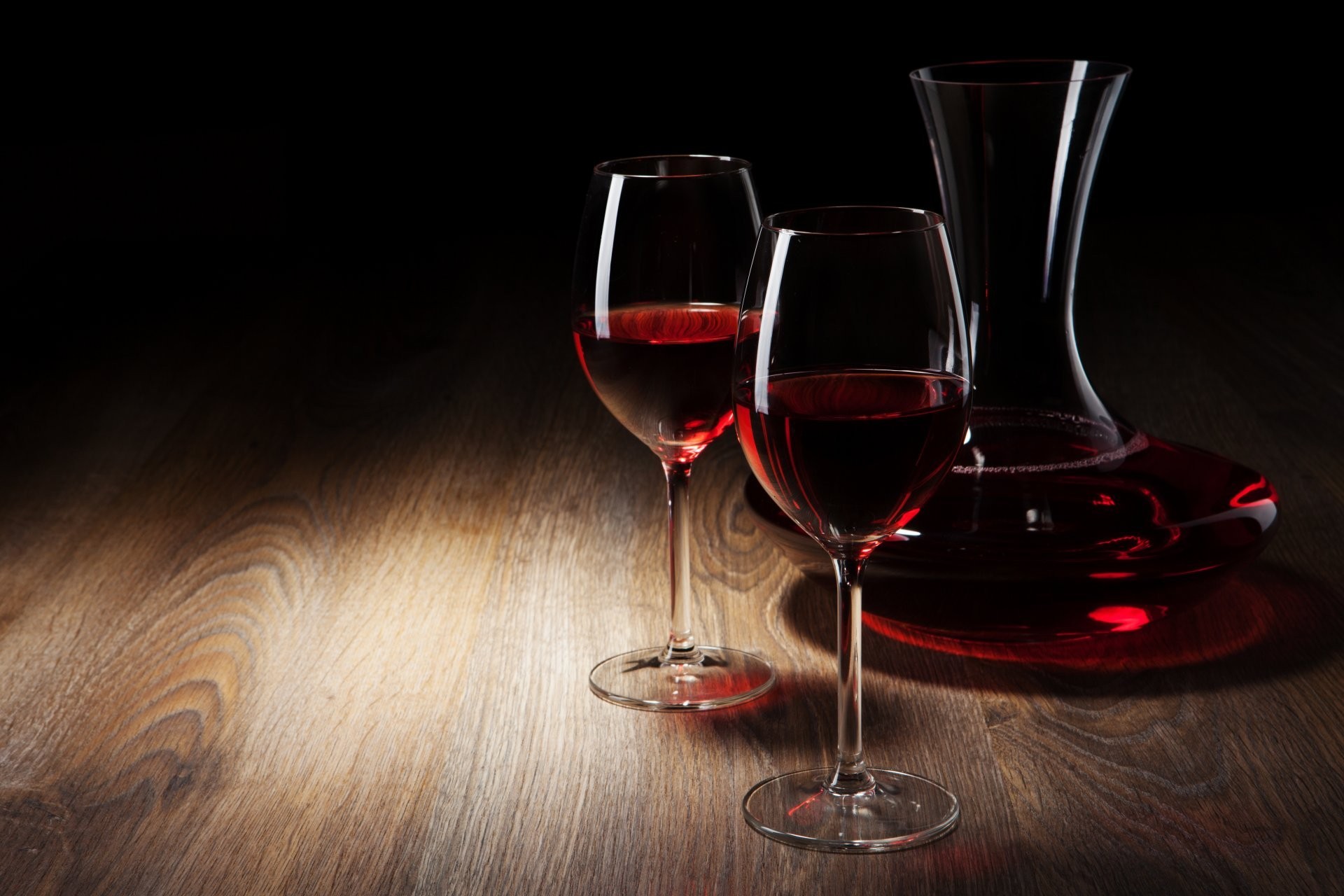
Why shape affects taste
Each variety of this drink has its own qualities, they require a special approach if you want to feel every note. This is interesting, as there are many options for preparation, depending on:
- The grape variety or combination of grapes used in the preparation;
- The areas where the ingredients were collected, because the soil and the method of care and processing affect the taste;
- Recipe, added extra spices or their absence. Each owner usually has his own secret, different from cooking in other areas.
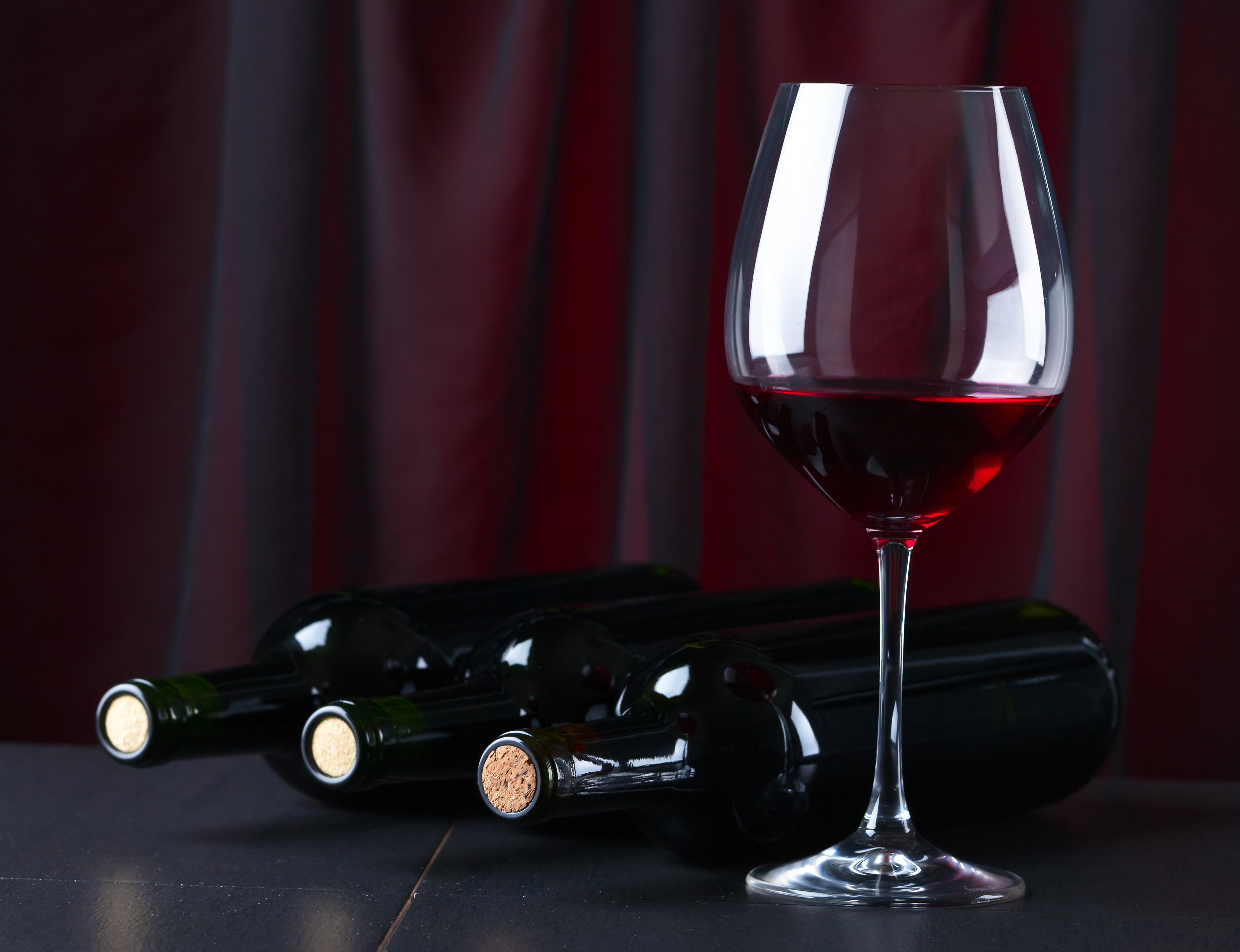
Much also depends on the quality and method of storage, whether the necessary conditions were met. And it is definitely worth mentioning the aging time, it greatly affects the characteristics of the wine drink.
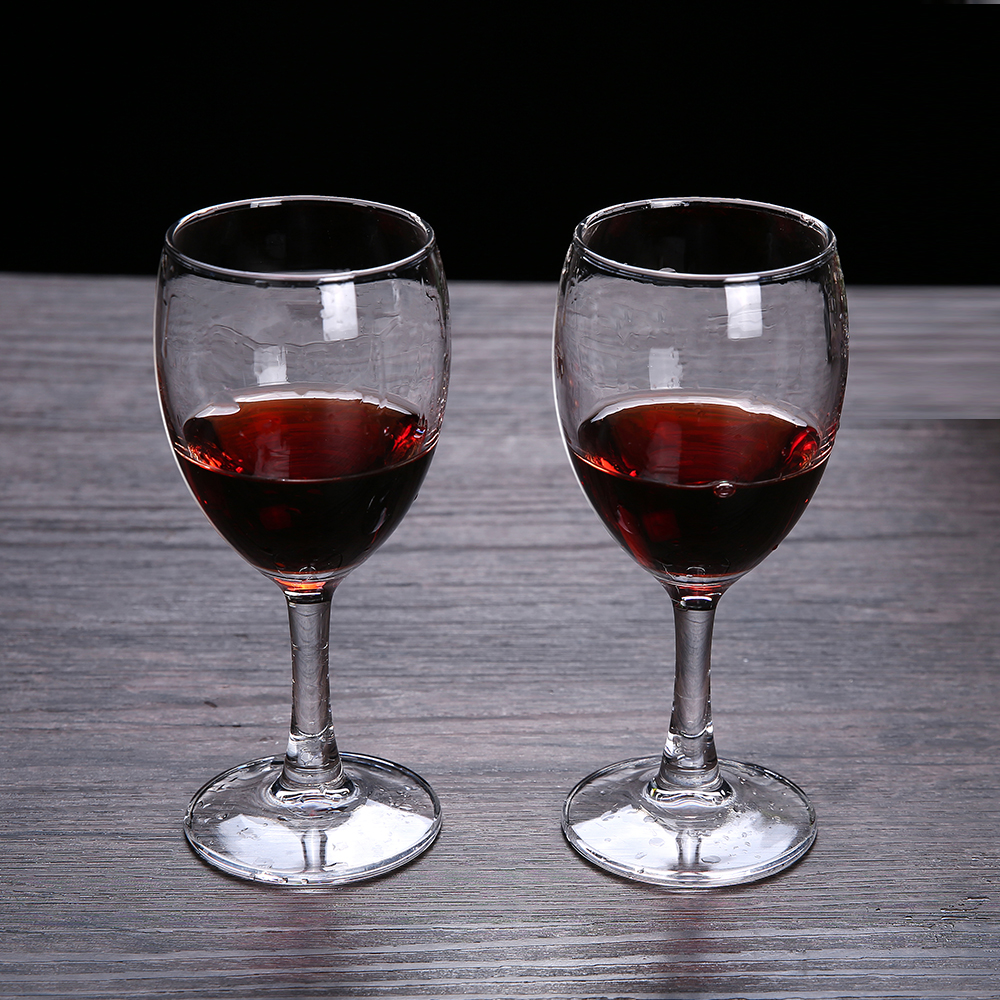
All this needs to be emphasized so that the history and features can be felt, it is important to analyze it as a work of art. And a properly selected glass will help with this.
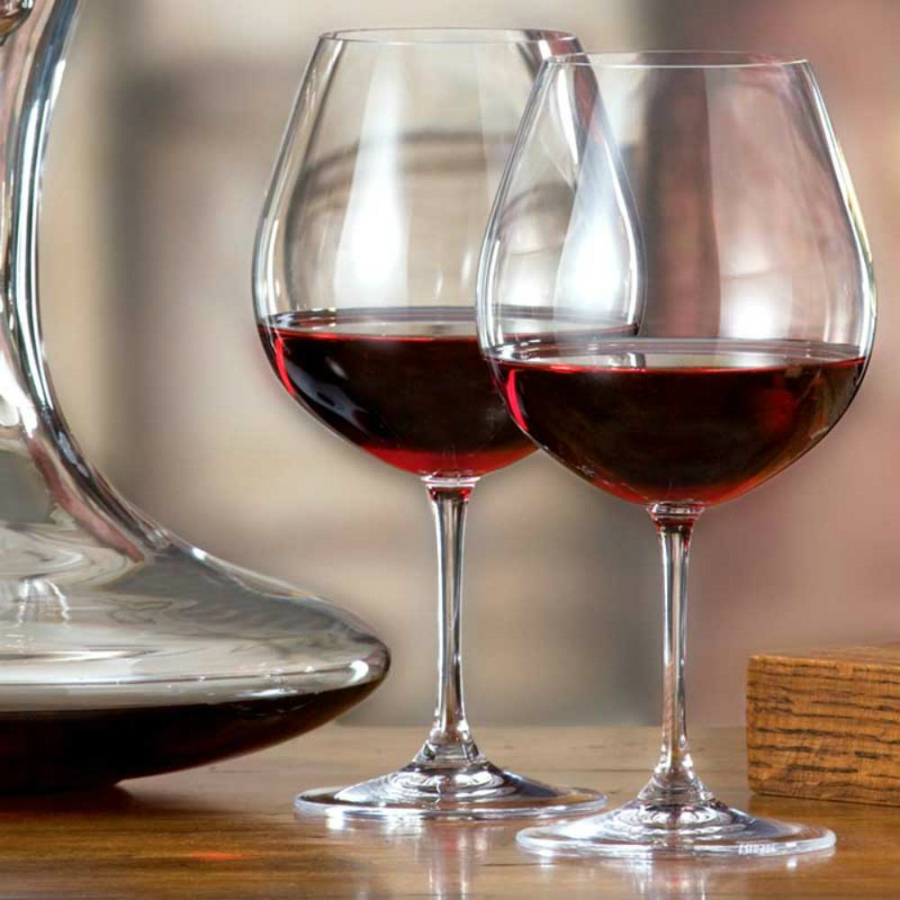
What is the main difference between white and red wine glasses?
Since red wine has characteristic taste qualities, gives off berry and fruit notes, conveys astringency and sweetness, it needs a vessel capable of conveying this. The wide "sides" of the glasses are needed precisely so that the contents get into the oral cavity without throwing back the head. Then it immediately touches the tip of the tongue, where the receptors sensitive to sweets are located.
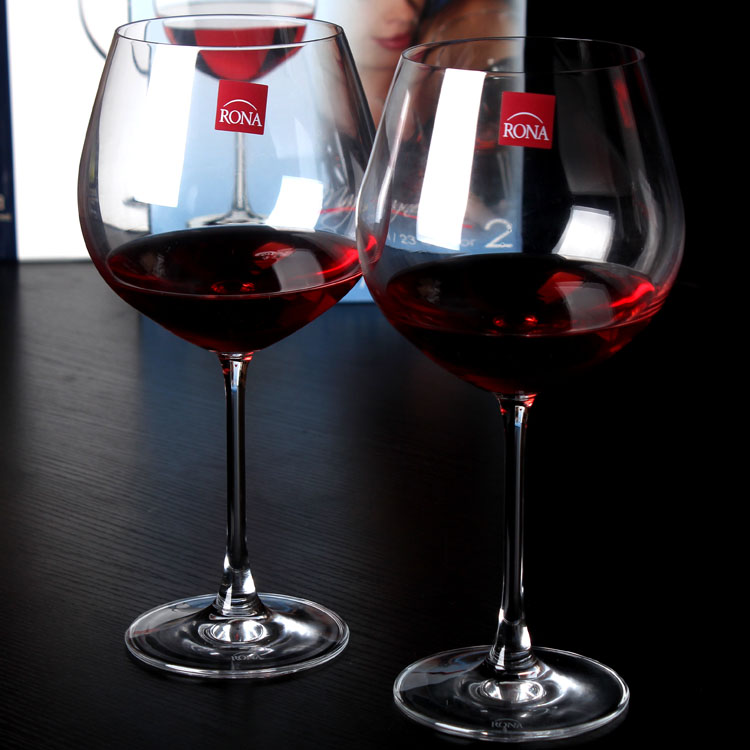
But white wine should have a fresher, more delicate taste with a slight sourness, and you can feel it by placing the drink directly to the side receptors of the tongue, responsible for the sour taste. The shape of the wine glass helps with this. It is small, has a volume of about 70-100 ml, so the original taste is preserved, and it gets to the tongue by throwing your head back. After all, the "sides" of the glass are narrow and will not allow you to try the drink in any other way.
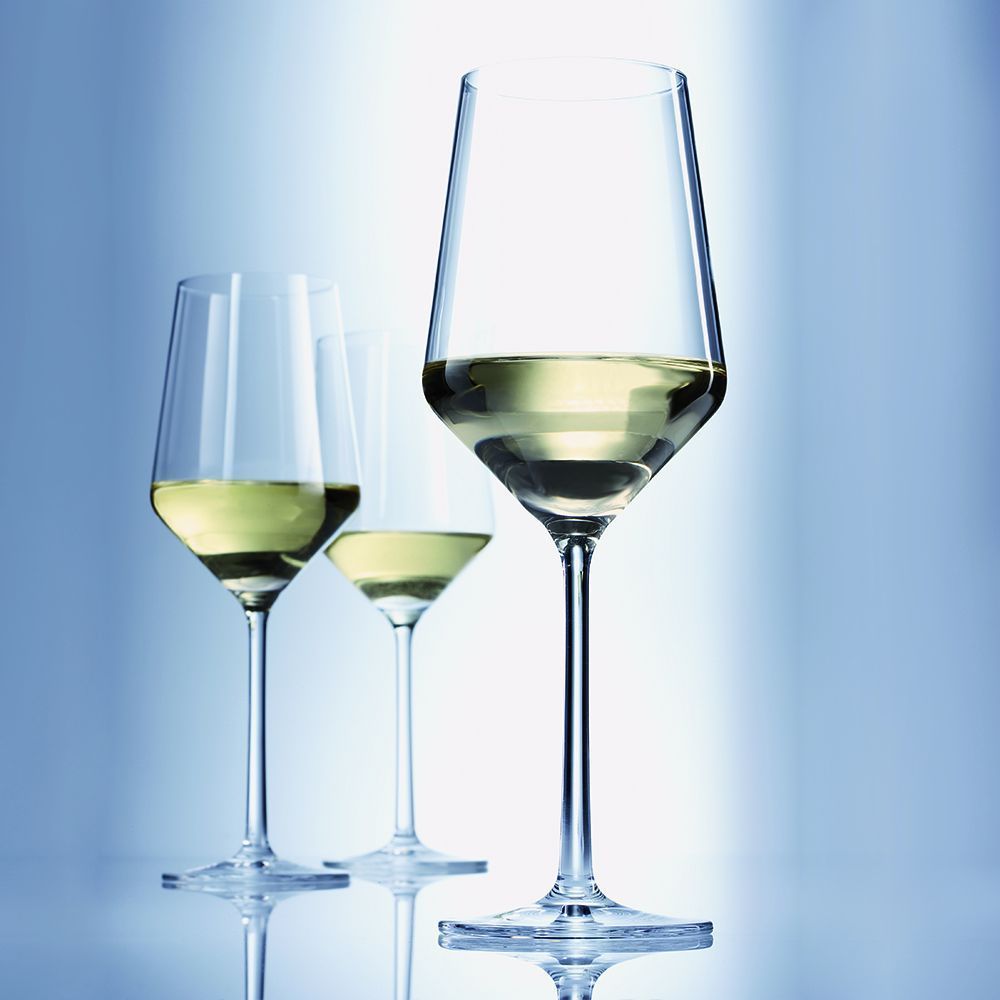
The main and fundamental difference is in the different configuration and volume of the vessels, because they have different tasks of revealing the properties of the drink. If it has a sour taste, it should reach the corresponding receptors, preserving all its qualities. For this, a small vessel is made, and the contents are cooled before serving to about 17 degrees.
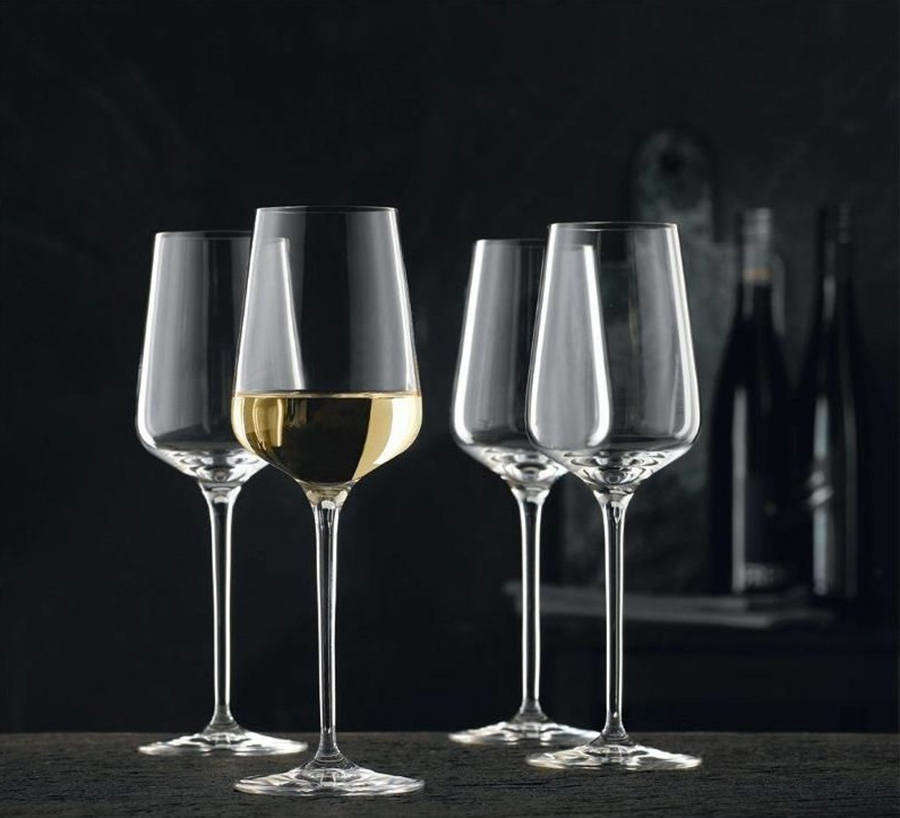
But the presence of sweet and tart notes indicates the need for their impact on the tip of the tongue, so the glass is made round, and the volume provides oxygen saturation for the opening of the bouquet. The contents are served chilled to about 21 degrees.
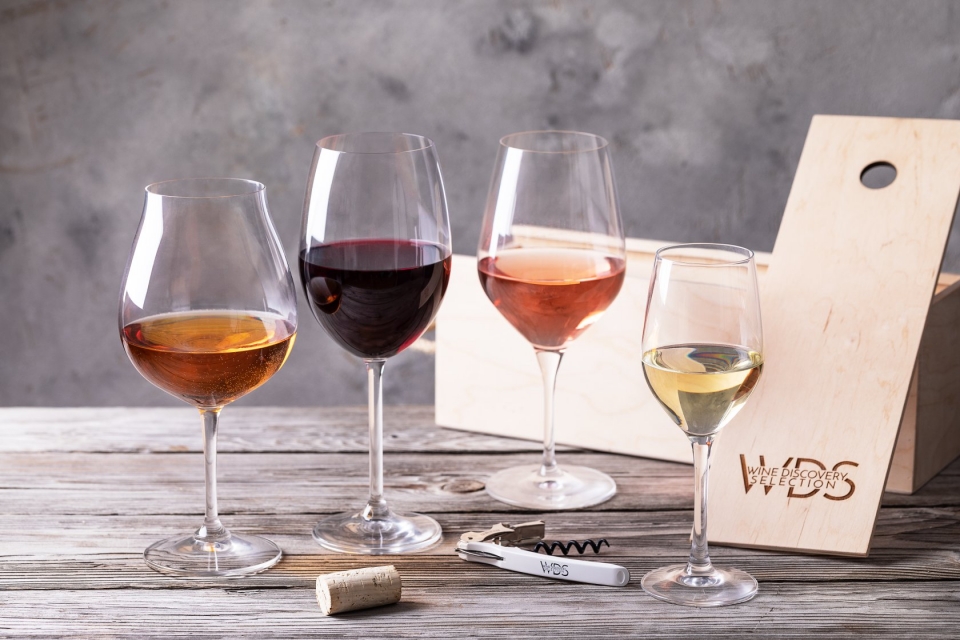
How to properly drink wine from a glass
The correct use of a wine drink provides not only the impression of a person who knows and masters the rules of etiquette, but also gives pleasure from the taste and aroma. These rules can qualitatively improve the pastime of tasting individual varieties or rare wines. Each of them has special properties that must be tried to reveal not only with the help of the correct selection of a vessel, but also with the correct use.
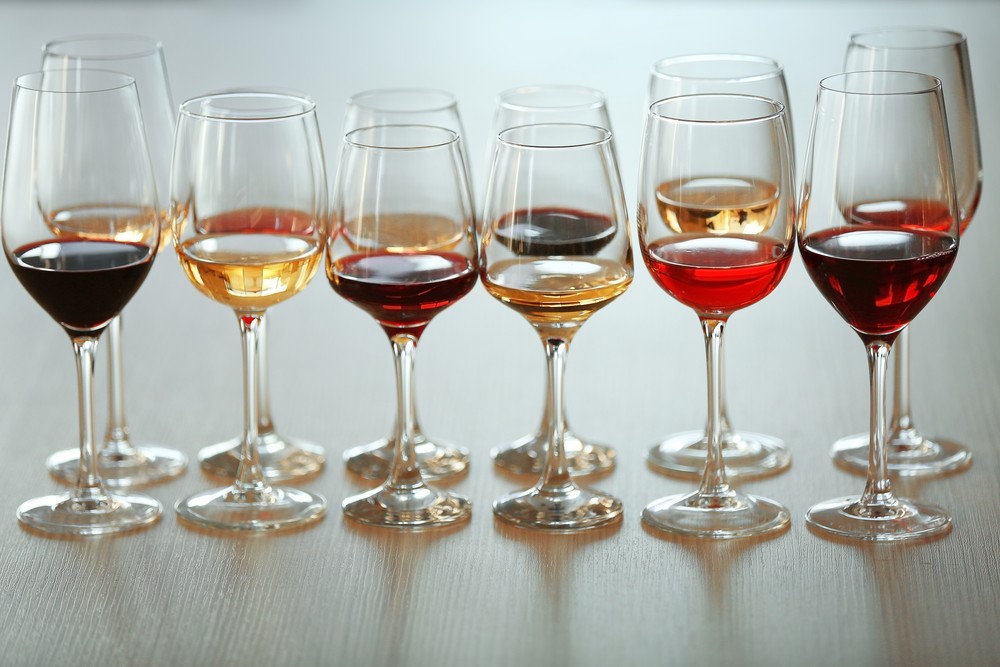
Basic rules, accessible not only to sommeliers and gourmets, but also to those who want to get new sensations and reach a new level in this business:
- Serving wine should take into account the required temperature of the drink. White wine should be chilled a little more than red wine.
- Do not use narrow bottles for champagne, they are intended for contents with bubbles, they last longer. However, the taste qualities are worse, because there is no narrow neck, and the red wine will not be able to saturate with oxygen.
- Do not hold the glass by the vessel, but rather by the stem. The warmth of your hands changes the temperature of the drink, and you can also use the base to carry the glass.
- Red wine does not need to be poured in large volumes, it needs to “breathe”, plus it tastes better when the drink does not have time to warm up before it “renews”.
- You shouldn't shake the drink, you can swirl it a little to fill the liquid with oxygen. But excessive force will provoke an oxidation process and distort the taste.
- Deviating from the tradition of clinking glasses by tilting the glass away from you can cause splashing and also risk cracking the rim (the glass is thin there). You should tilt it slightly towards you or hold it straight so that the bottom touches other glasses.
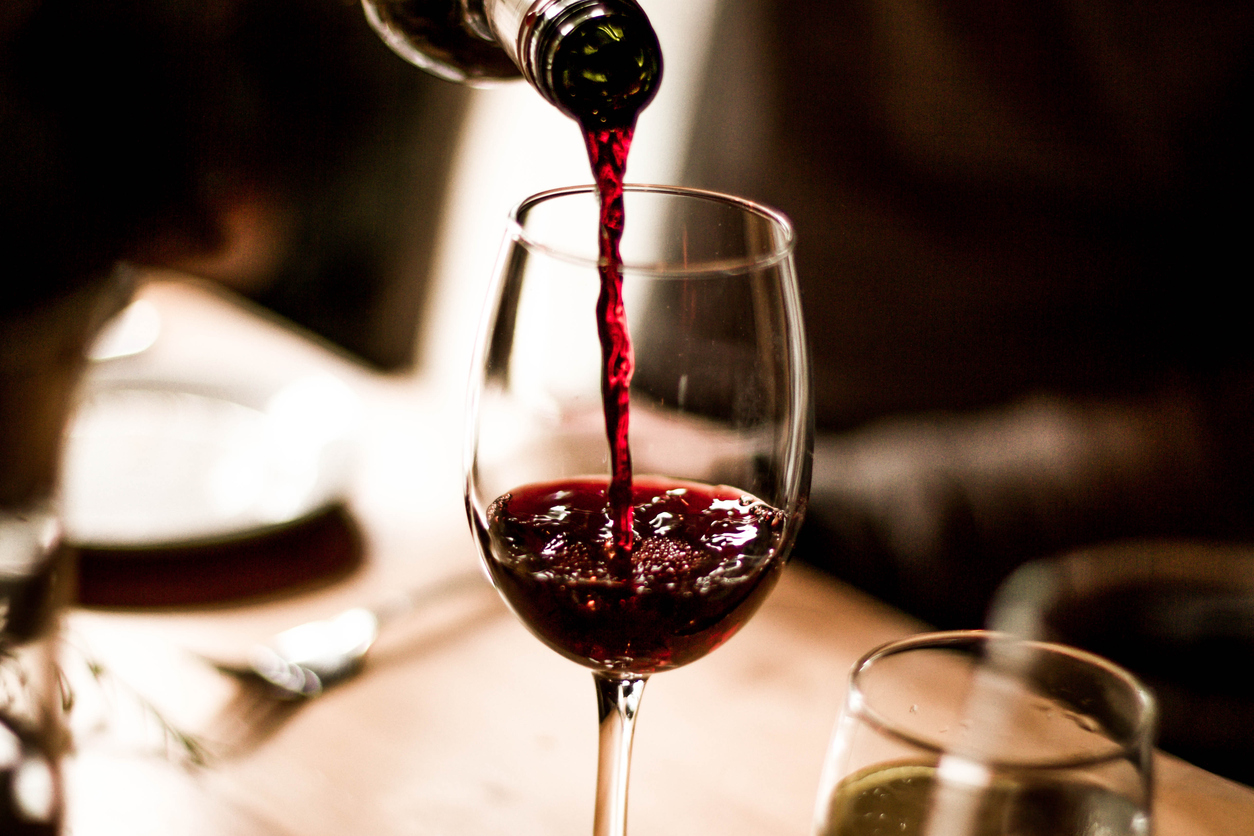
These rules do not apply to a specific type of wine drinks, they should be consumed according to etiquette. This also affects the atmosphere, a pleasant environment disposes and makes the pastime full and comfortable.
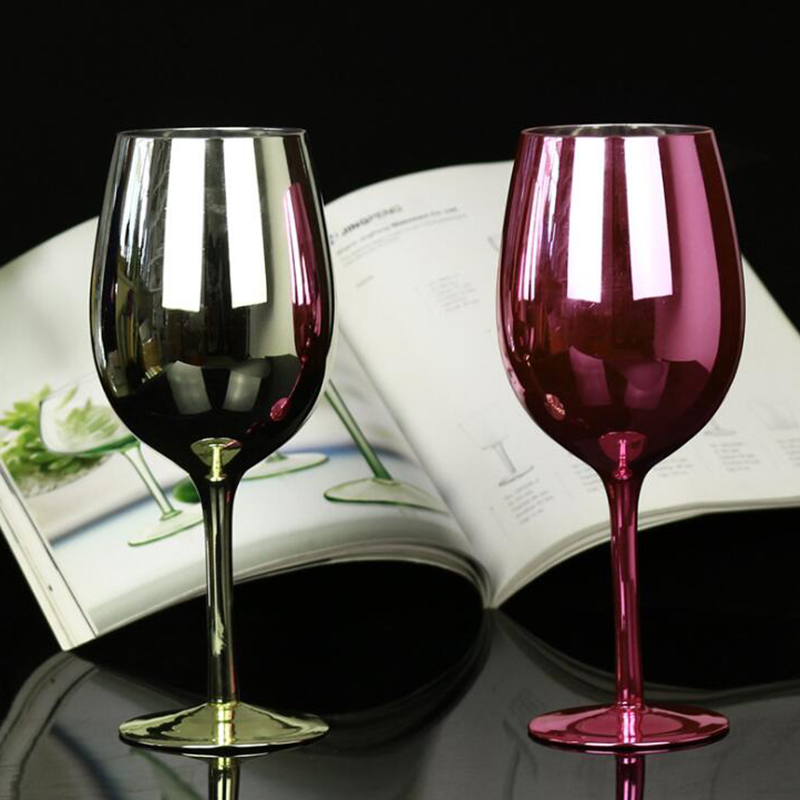
Caring for wine vessels
The attitude to wine can also be shown in the correct care of the dishes for it. If it is cleaned in time and stored correctly, then its appearance will remain pristine for a long time.
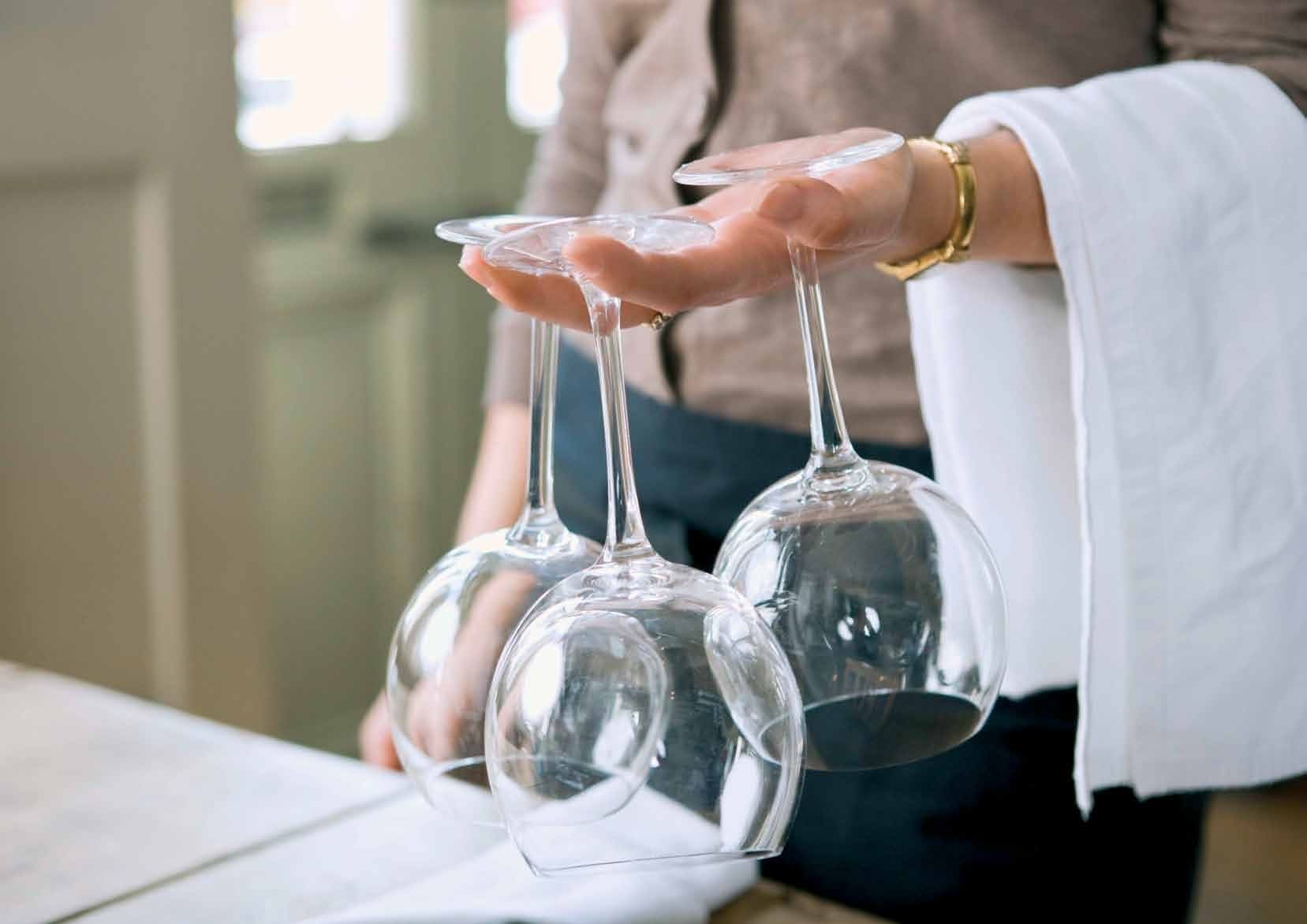
Basic rules for caring for wine vessels:
- They are made of thin glass, so they must be washed by hand. The dishwasher uses extremely high water temperatures;
- The dishwashing detergent should be of high quality, or better yet, specially designed for transparent food glass;
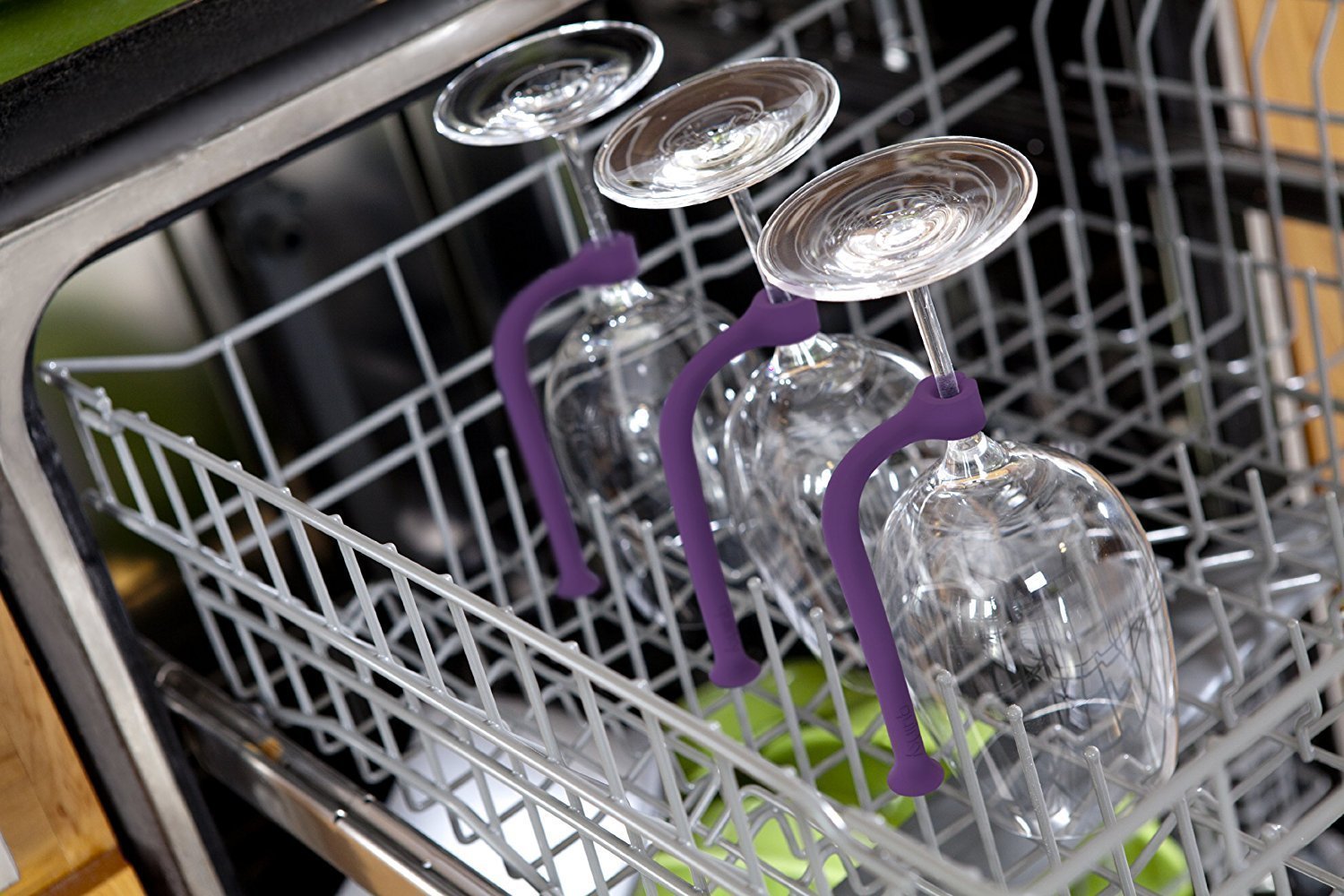
- It is correct to use cool water when washing to avoid clouding of the surface;
- Near the sink, you should hold the vessel not by the leg (there is a risk of damaging it by pressing), but by the wide part;
- You can use ammonia if the glass starts to look dark or dull. Add a few drops to cold water and rinse;
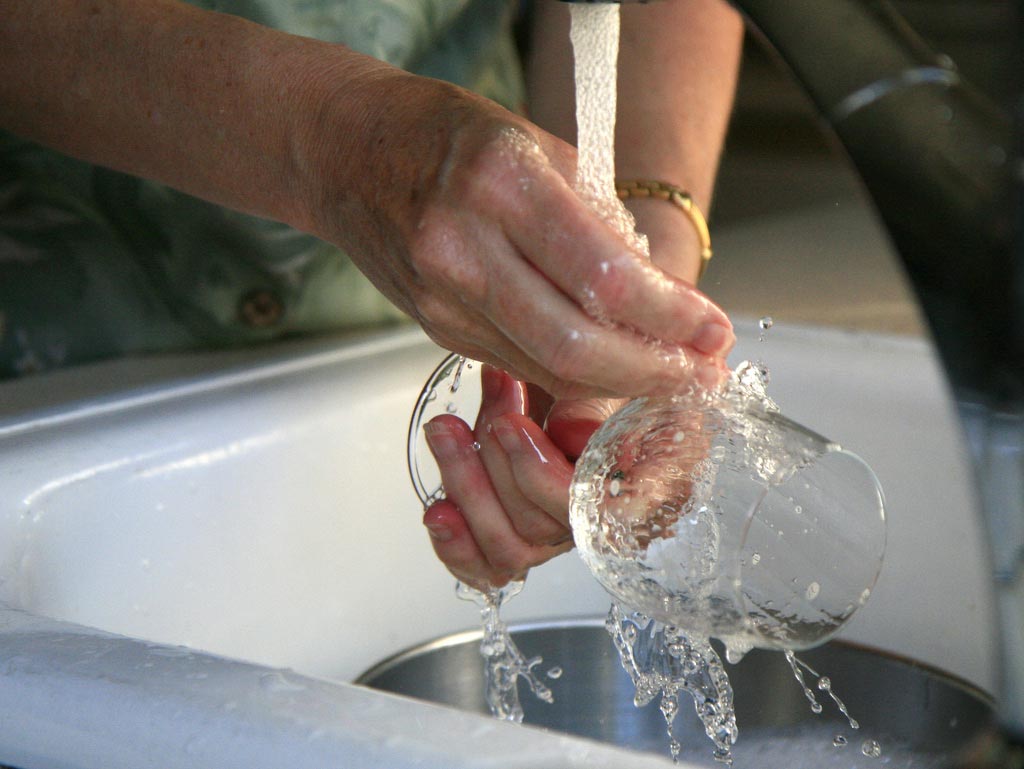
- If there are any streaks left after cleaning, they can be easily removed with a dry cloth, this can also be done before serving, but is usually polished with a special material;
- If you want to minimize the effort required to dry and polish the glass surface, you can simply place the glass upside down after washing.
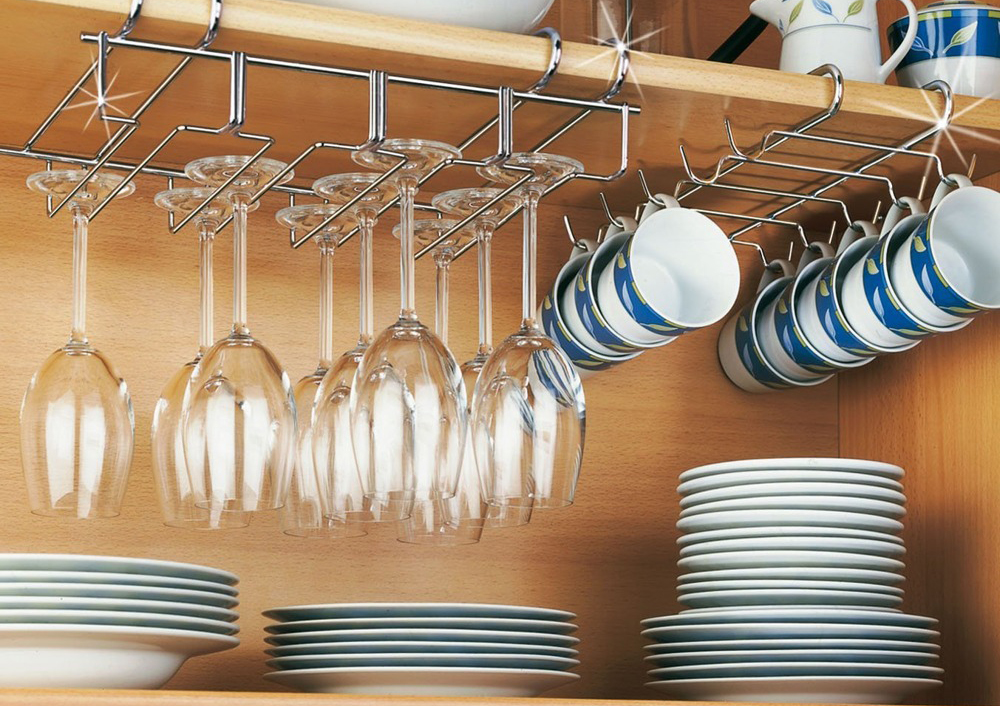
So, not only sommeliers and gourmets want to feel the full spectrum of taste and aroma. And the transparency of the glass and the correct shape ensure control of the quality and color of the drink.
